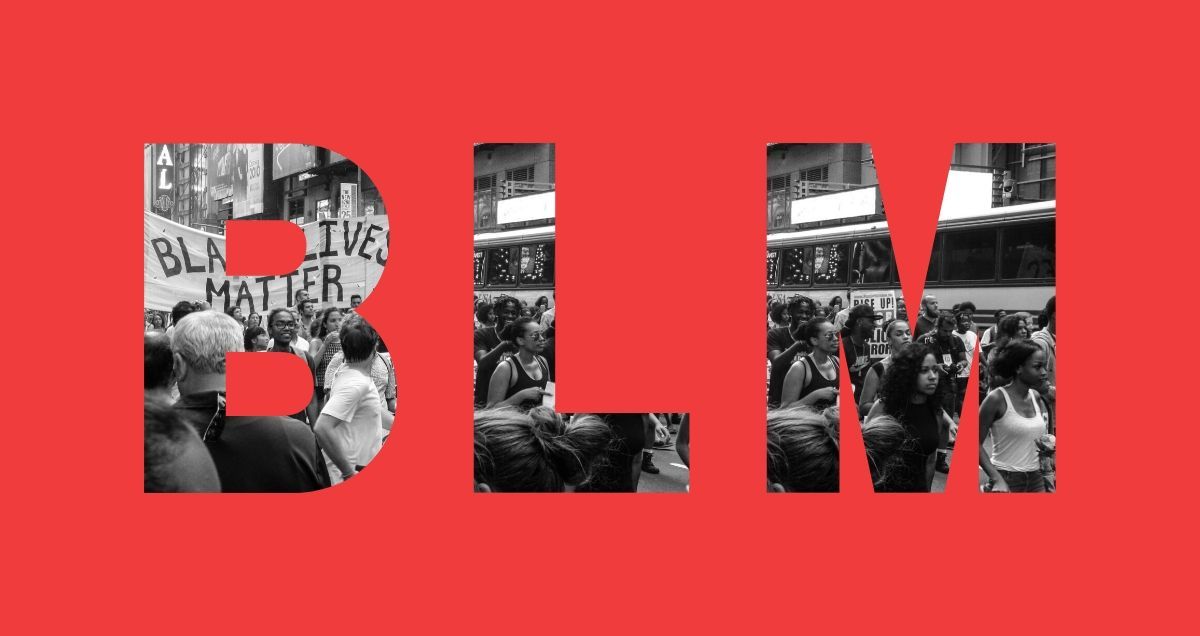
Why It’s Better to Be Good-ish Than Good
I considered myself to be a good person. Certainly not a racist.
After the death of George Floyd, and witnessing the unspeakable pain of so many people in the Black community, I felt shook up. I wanted to learn more about racism. And as I started learning, I realized that I would never be able to contribute anything positive unless I stopped viewing myself as good.
In a book I recently read, The Person You Mean to Be, professor Dolly Chugh talks about the downsides to believing in our own fundamental goodness.
To start with, we become victims of our own blind-spots. When confronted with evidence that we didn’t meet our own high moral standards, we push back, get defensive and shut down. We turn conversations about racism and bias into an opportunity for self-affirmation. We become self-righteous. And we don’t learn.
It turns out that to become kinder, more generous human beings, we need to stop thinking of ourselves as good people.
Drawing on the research of Stanford psychologist Carol Dweck, Chugh says that “good-ish” people have a “growth mindset” and can improve with time, effort, and feedback. “Good people” have a “fixed mindset.” They assume their character has already been shaped and that there is nothing that can be done about it.
I’ve known Dweck’s work for a long, long time but somehow I haven’t thought of applying it to my sense of ethics before. The moment I did was a real eye-opener: I realized that by identifying as a good person, I’m letting myself off the hook and pointing a finger at someone else.
Identifying as good keeps me trapped in my ignorance, my unconscious bias, and in the role of a passive observer of the injustices that have been going on for way too long.
I also realized that I have a choice. I can choose to let go of seeing myself as a good person. I can choose to admit that I’m not good – and embrace being good-ish.
Being goodi-ish means admitting that while I might have good intentions, they don’t always translate. It’s admitting that I have things to learn, things to fix, and things to do to challenge a system that excludes and dehumanizes people of color.
Being good-ish is a place of humility, it’s a place of possibility, of overcoming my own limitations. It’s a doorway through which I can step from the sidelines into the arena. I will most probably get my but kicked there. I will inevitably falter and fall. But then, hopefully, I’ll dust myself off to try again and do something instead of just feeling shocked with what’s going on.
We all have our circle of influence, our own small pocket of the world where we can effectively address the issues of bias, prejudice, and exclusion, and where we can take action.
As David Whyte says, we need to start close in – from the ground under our own feet, from ourselves, and from the ones closest to us.
So, here’s me, starting close-in:
I commit to openly addressing the issue of inequality and racism in my personal and professional life and showcasing the achievements of people from communities that have been marginalized.
I commit to being mindful of my unconscious bias.
I commit to learning more about racism because, frankly, there’s plenty I still don’t know.
And how about you? What would emerge for you if you chose to view yourself as good-ish instead of good?
***
If you are interested in learning more, here are three books that I found very helpful.
1. Biased by Jennifer Eberhardt
“Confronting implicit bias requires us to look in the mirror. To understand the influence of implicit racial bias requires us to stare into our own eyes. By acknowledging the distorting lens of fear and bias, we move one step closer to clearly seeing each other. And we move one step closer to clearly seeing the social harms—the devastation—that bias can leave in its wake.”
2. White Fragility by Robin DiAngelo
“In this vital, necessary, and beautiful book, antiracist educator Robin DiAngelo deftly illuminates the phenomenon of white fragility and allows us to understand racism as a practice not restricted to ‘bad people’.” White fragility is characterized by emotions such as anger, fear, and guilt, and by behaviors including argumentation and silence. These behaviors, in turn, function to reinstate white racial equilibrium and prevent any meaningful cross-racial dialogue. In this in-depth exploration, DiAngelo examines how white fragility develops, how it protects racial inequality, and what we can do to engage more constructively.”
3. The Person You Mean to Be by Dolly Chugh
“Dolly Chugh reveals the surprising causes of inequality, grounded in the ‘psychology of good people’. She offers practical tools to respectfully and effectively talk politics with family, to be a better colleague to people who don’t look like you, and to avoid being a well-intentioned barrier to equality. Being the person we mean to be starts with a look at ourselves.
She argues that the only way to be on the right side of history is to be a good-ish— rather than good—person. Good-ish people are always growing and learning.”
Want more tips on evolving culture?
Subscribe to my newsletter, the CultureLab Insider, and get the new blog posts, podcast episodes
and other free resources delivered to your inbox every Tuesday.
